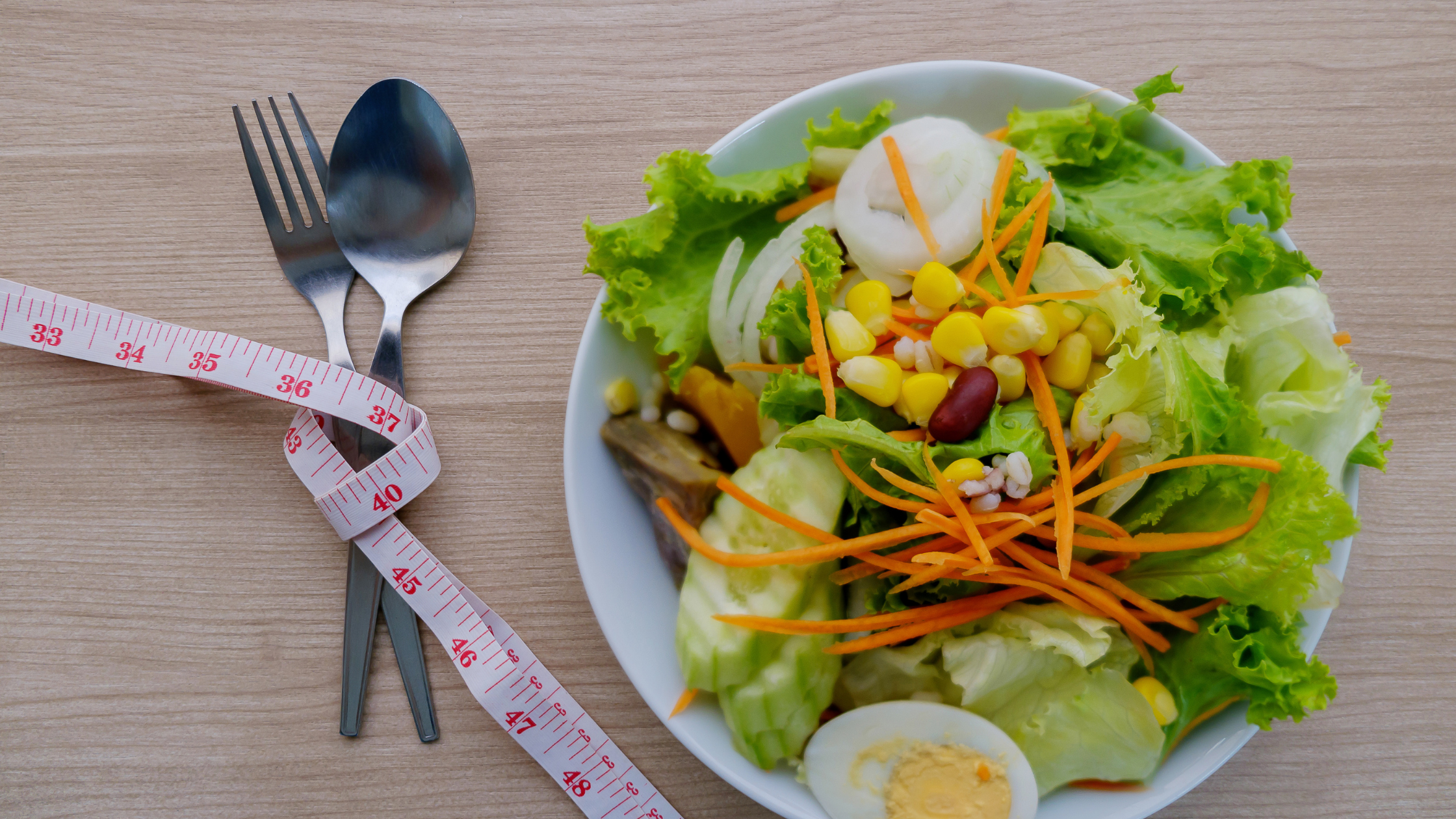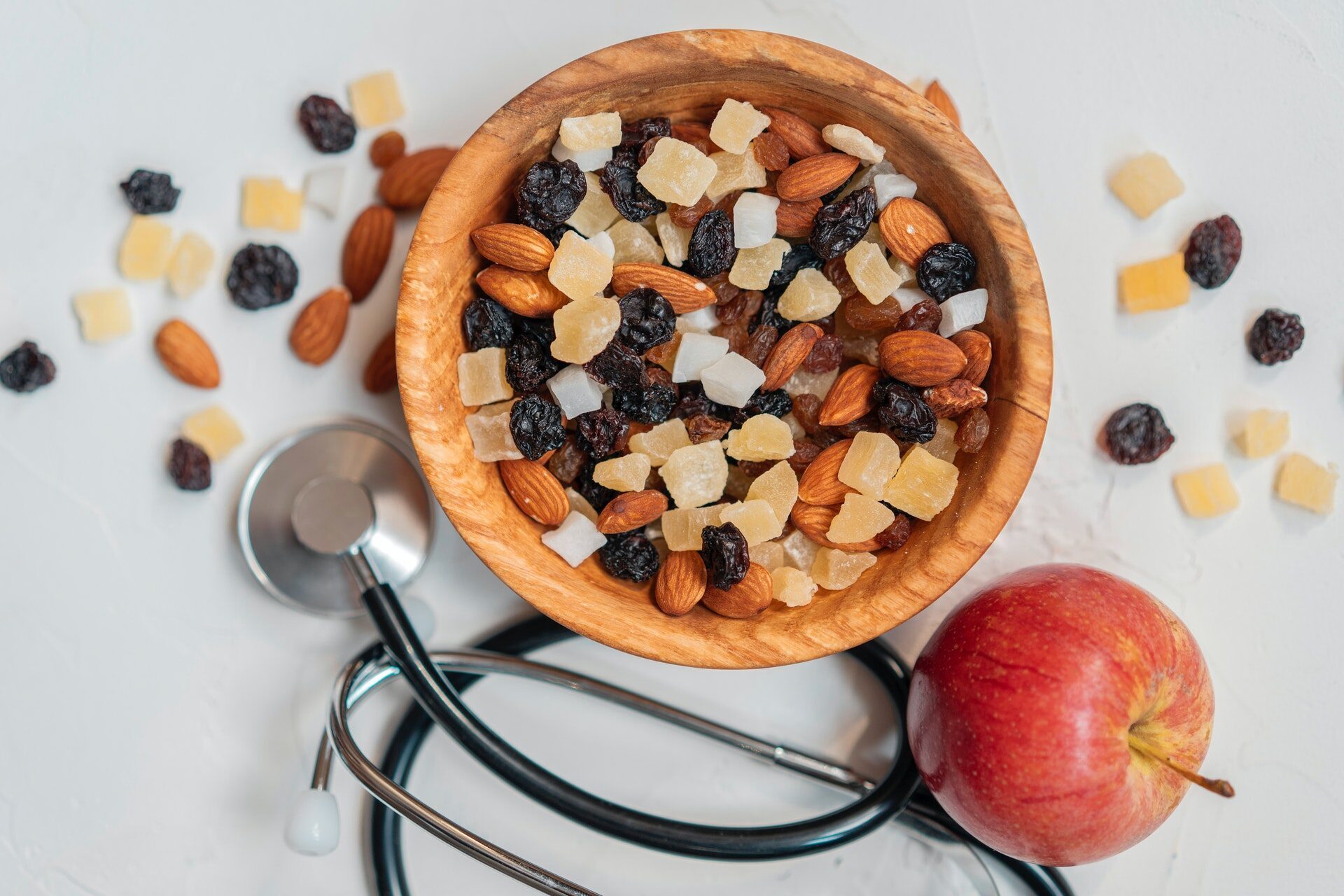Nutrition For Weight Loss
How motivated and skilled are you at accessing and processing nutritional information? How much do you know about the nutrients in the food you take and how they impact your well-being?
Nutritional knowledge plays a crucial role in helping people develop healthy dietary practices and eating habits. And according to a 2020 study by Italian researchers, an increase in nutritional knowledge is associated with greater weight loss in overweight people.
If you’re interested in losing weight, make a point of learning more about the role of nutrition. This article should get you started:

The Idea Behind Nutrition for Weight Loss
The amount of weight you shed or put on largely comes down to your caloric consumption and expenditure. In other words, if you’re trying to lose weight, the general rule of thumb is to expend/burn more calories than you’re consuming.
The concept of burning more and eating fewer calories sounds simple on paper, but it’s not. It takes hard work and the right kind of nutritional information to achieve results.
For example, determining the number of calories your body needs doesn’t count for much when you make unhealthy food choices that leave you at risk of other health problems. Healthy eating is about keeping tabs on nutrition, calories, portions, and sustainability.

Nutrition Tips for Weight Loss
Nutritional knowledge is key to weight loss. That’s clear! But let’s face it, our world today is overflowing with an overwhelming amount of information on eating habits to lose weight—some effective and others nothing more than unsustainable fads.
If you’re looking for the best nutrition tips to shed some pounds and promote good health, the list below is a good starting point:
- Eat a balanced diet: No single food contains all the nutrients your body needs to stay healthy. A balanced diet for weight loss is low in sugar and refined carbs–and high in fiber, protein, and micronutrients. It’s also advisable to look into weight-loss-friendly foods like leafy greens, legumes, and nuts.
- Choose natural, whole foods over processed: Always ensure you’re nourishing your body with natural, whole foods. They tend to be more filling, nutrient-dense, and less likely to cause overeating compared to processed, pre-packaged meals.
- Eat slowly and mindfully: Did you know that eating slowly may boost your weight-reducing hormones and make you feel fuller? Don’t rush through your means. Take time to focus on how each bite tastes and how your body feels.
- Stay hydrated: Studies link increased hydration with weight loss.
- Set realistic, meaningful goals: Why do you want to lose weight? Think about how weight loss can positively affect your life. Understand what works for YOU. Then set meaningful and realistic goals that focus on your desired health outcomes.
- Have a support network: Having family, friends, or a support group in your corner can be critical for successful weight loss. Research suggests that a strong social network is crucial to losing weight and keeping it off. It makes you accountable.

Takeaway?
Eating nutritious foods and implementing good eating habits can pave the way for sustainable weight loss management and healthier life. So prioritize improving your nutritional knowledge.





Leave a Reply